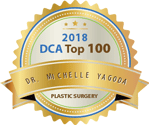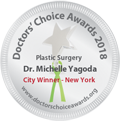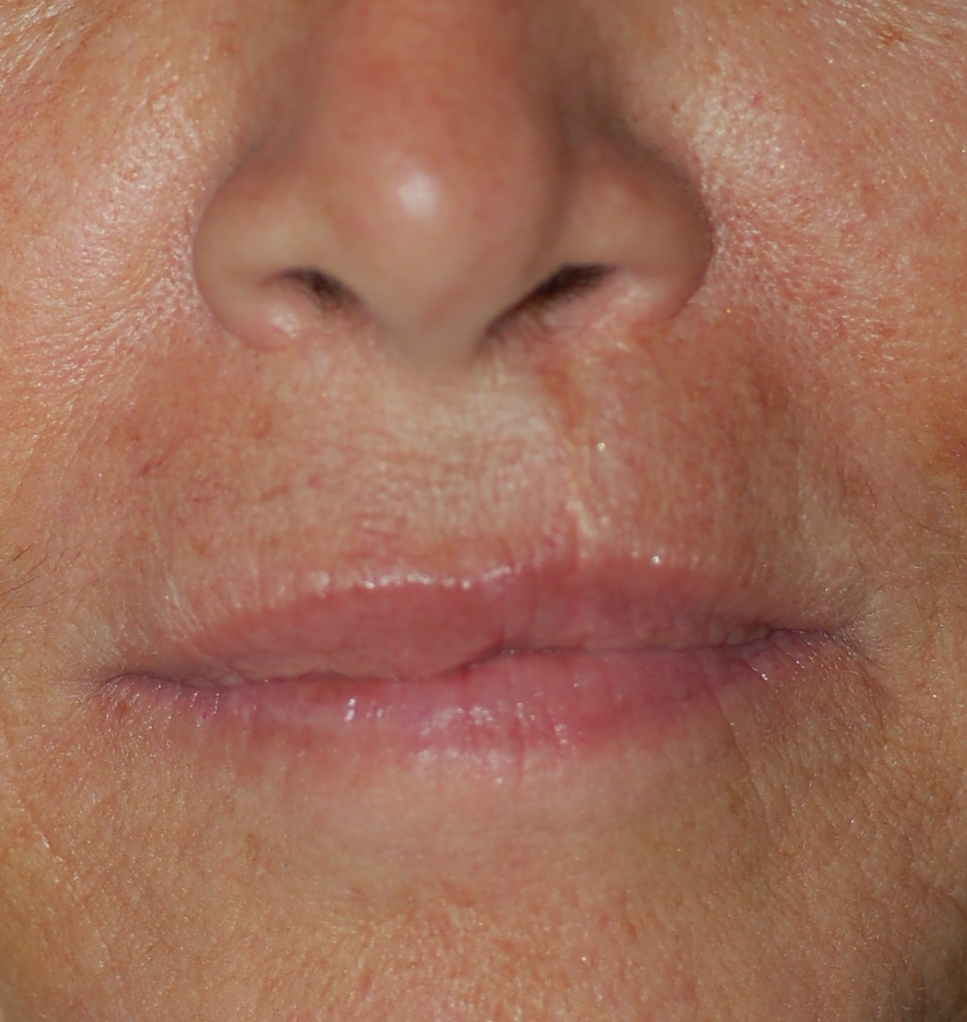Cleft lip and/or palate is a very common birth defect that occurs in utero when facial features are forming. If the developing bones, muscles, and connective tissues from the baby’s right and left sides don’t fuse properly, an opening or “cleft” can remain in the lip, palate, roof of the mouth and/or the nose. The cleft can affect one or both sides of the face.
A cleft lip and/or palate presents many challenges:
- Difficulty feeding. While an infant with a cleft lip might have no difficulty breastfeeding, a cleft palate might make it impossible to suck or swallow.
- Susceptibility to middle ear infections. A cleft palate can anatomically affect the drainage of the eustatian tubes in the middle ear. This can leave a baby prone to repeated ear infections that, over time, can damage hearing. Most children with cleft palates require tubes to be surgically inserted into their ears to drain fluid that may cause ear infections and hearing loss.
- Delayed or impaired speech development. Both the lips and palate are required to form words. In addition, chronic ear infections can cause hearing loss, and children with absent or diminished hearing can experience language delay or failure to speak.
- Abnormal dental development. A pediatric dentist should carefully monitor tooth development.
- Psychological impact. The world isn’t kind to kids who look different, and a cleft lip and/or palate can make early social interactions difficult, potentially resulting in emotional and psychological stress.
Treatment of cleft lips, palates, and noses and their diverse sets of challenges requires a team approach. Multiple staged procedures may be necessary to correct structural defects and asymmetrical features as the baby grows and matures. It is critically important to coordinate the timing of your child’s surgeries so as to minimize the number of procedures and the likelihood of revisions.
As an otolaryngologist, Dr. Yagoda is an expert on the functions of the ears, nose and throat. As a facial plastic surgeon, Dr. Yagoda pays astute attention to critical details and often uses non-surgical methods such as fillers and neurotoxins as an adjunct to surgery to assure symmetry with great finesse.
Although you will likely need other professionals on your team, including a pediatric dentist, speech therapist, a maxillofacial surgeon, and perhaps a social worker or child psychologist, Dr. Yagoda can serve as that team’s captain, helping to coordinate your child’s care.
Dr. Yagoda and her entire staff understand that caring for a baby who requires such in-depth medical attention can be overwhelming and frightening. We are here to support and assist you in any way possible.



































